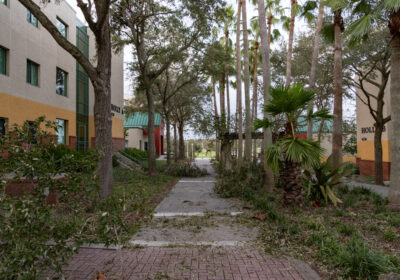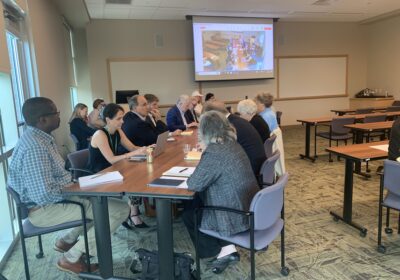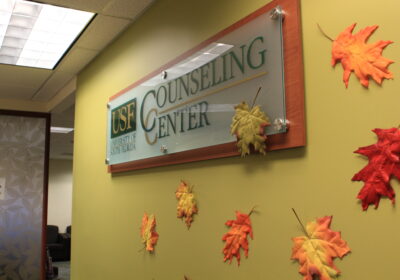Think twice before using tanning beds
“GTL,” the famous line from reality show “Jersey Shore” that stands for “Gym, Tan and Laundry,” has plagued the nation. The pressure of looking beautiful only when tan, rather than flaunting “pasty, white skin,” as the show’s cast members describe, has consumed the minds of young adults.
Even apartments near USF offer free tanning beds to residents, and student discounts are offered at various tanning parlors. Overall, the culture of tanning has increased exponentially for the worse.
The American Academy of Pediatrics announced Monday that laws should be enacted to ban minors from going to tanning parlors. According to CNN, the World Health Organization, American Medical Association and the American Academy of Dermatology hold the same opinion. Last year, a 10 percent tax on tanning services was included in the health care reform law.
However, for some, this has not reduced the craze of seeking sun-kissed, glowing skin. But, as teenager Samantha Hessel learned, tanning comes with consequences.
According to CNN, Hessel had frequently used tanning beds for four years before she was diagnosed with melanoma, the deadliest form of skin cancer. Even though no data exists to prove that teenagers are more prone to developing cancer from tanning beds than adults, it’s quite natural to assume that they may be more likely to make irresponsible choices when choosing tanning beds without doing research regarding their harm.
Furthermore, sunlamps and tanning beds emit UVA rays, which may give patrons a glow without burns, but also cause wrinkles and DNA damage that causes skin darkening. Looking good for homecoming or prom is definitely not worth pre-aging by 10 to 20 years, Dr. David Fisher, chief of dermatology at Massachusetts General Hospital and professor of pediatrics at Harvard Medical School, said to CNN. UVA radiation “may be 10 to 15 times higher than the midday sun,” according to a report in Pediatrics.
The Indoor Tanning Association doesn’t want the government to interfere and feels parents should be free to make decisions for their children, according to Fox News.
Tanning salons have even issued statements assuring customers that UV rays are healthy because they provide Vitamin D, which many doctors consider irresponsible and misleading advice. Tanning beds’ vitamin D content doesn’t outweigh its UV damage, which causes 8,000 deaths due to metastatic melanoma and 1.5 million cases of skin cancer annually in the U.S, according to the National Institutes of Health.
Even though it’s unwise to let the government intervene in citizens’ personal business, teens and young adults should be more proactive about their decisions. One should always research the pros and cons of any activity before pursuing it, especially when a few minutes of research could ultimately save a life.
Students should forget replicating “Jersey Shore” cast member Snooki’s faux glow before they end up with a real situation that may turn their lives for the worse.
Zahira Babwani is a senior majoring in biomedical sciences.






